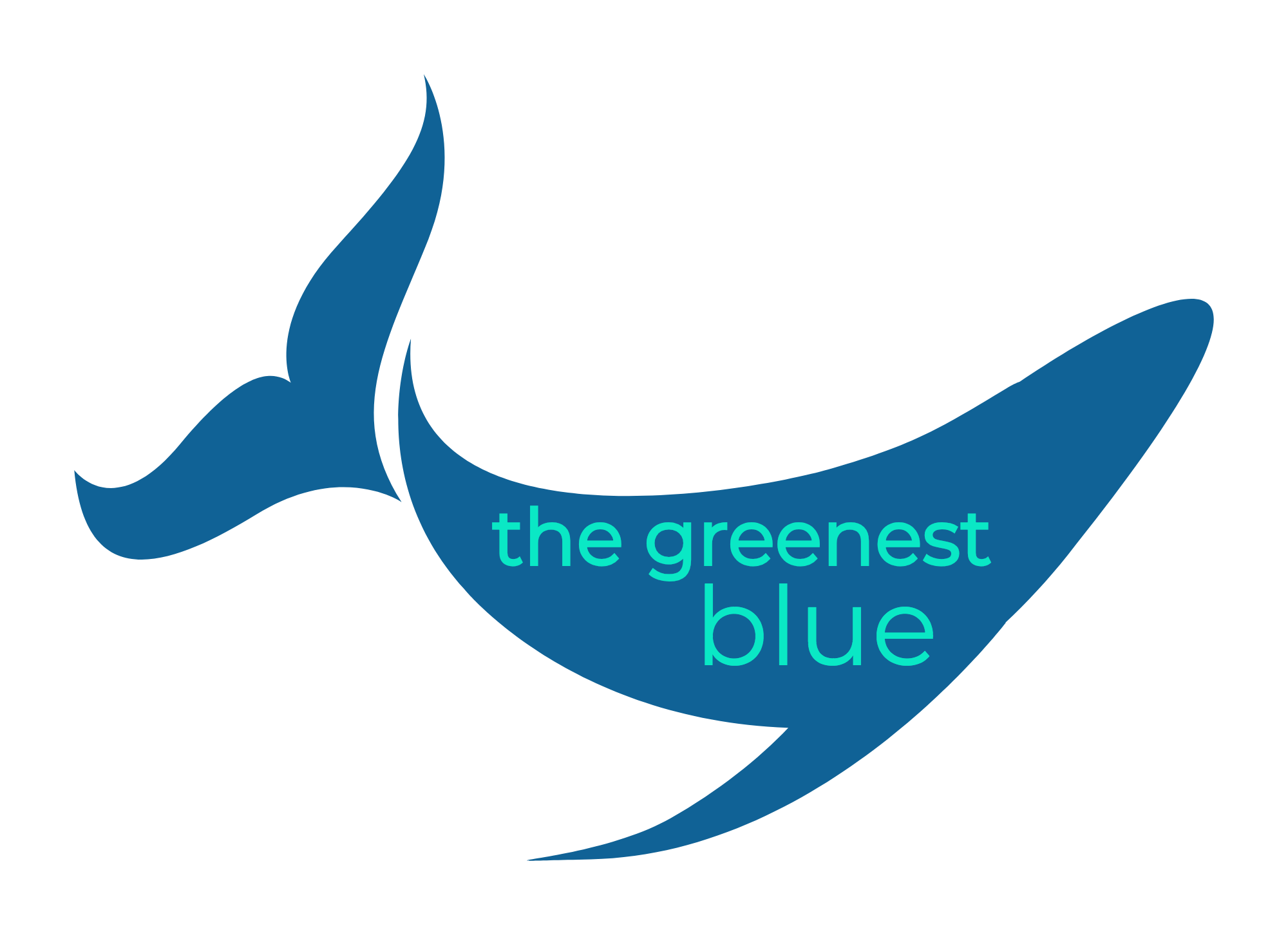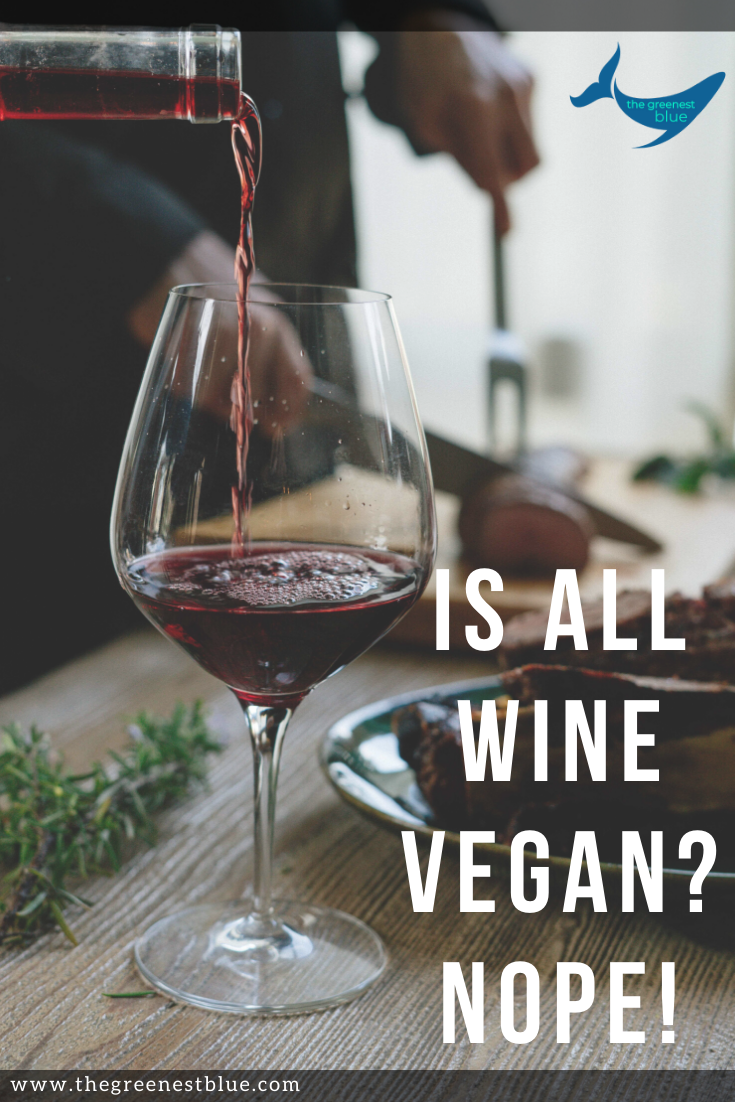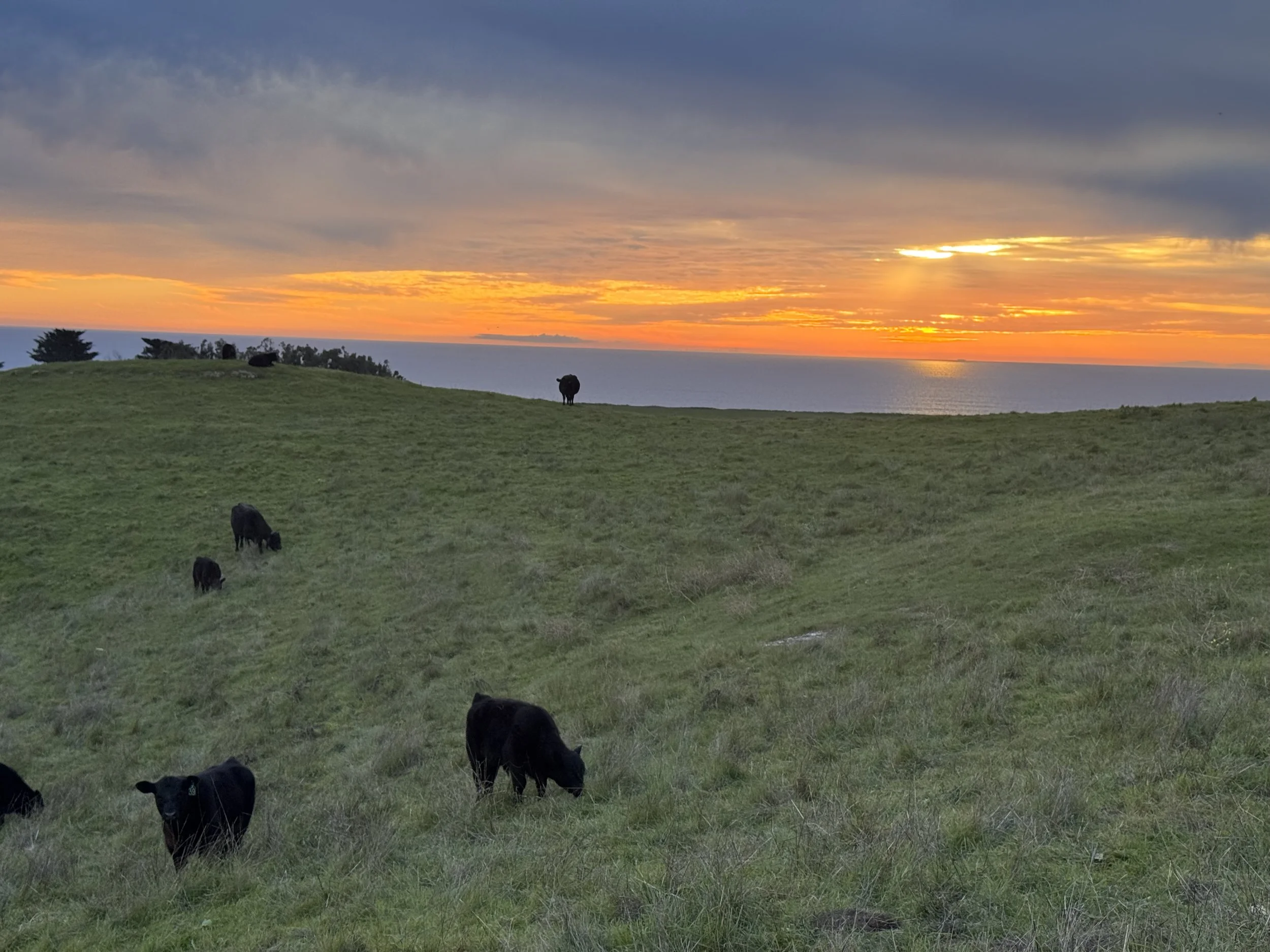WHAT? ALL WINES AREN'T VEGAN? The Truth Behind Animal Products in Wine Production
So, wine. I’d like to think we have a really good relationship. It doesn’t matter if it’s a pinot noir, or a nice red blend, I just love something smooth and sassy to accompany my little vegan cheese board on a date night or a girl’s movie fiesta. Wine has always been my alcoholic beverage of choice, from the moment I first decided to start drinking (started with a sister wine tasting adventure in South Africa). I’m kind of glad I skipped that cheap beer stage. It was a little weird ordering a red wine when I was out on the town in college. I got used to it.
I always thought I was well-educated on the subject of wine, too. I enjoy the creative process involved in making it. The subtle differences in taste, texture, and flavor that blossom out of a wine based on where it is grown, how it’s fermented, and how it is barreled and bottled fascinate me. I love that there is both a science and an art behind it.
But last year, I realized that there is so much I still don’t know about wine! Like the fact that not all wine is vegan. CRAZY.
I remember dabbling around in the Kaikoura New World market in New Zealand, looking for a nice birthday wine for my friend. My attention was immediately drawn to a label that said Vegan Wine. I was dumbfounded. In all of my years as a polite, mindful, wine-sipping twenty-something-year-old, I had assumed, no-brainer, that wine was vegan.
It’s GRAPES, people! How much more plant-based can you get?
But seeing this label called to my attention a completely different reality. It is true that, in fact, all wines are not created equal. Yes, they all contain fermented grapes and the bottles that appear on the supermarket shelves are not stuffed full of mysterious animal-byproducts.
It actually has to do with the wine clarification process.
Come again?
The Wine Clarification Process
Wine, at its essence, is created through the fermentation of grape sugars into alcohol. Young wines are naturally a bit “hazy,” containing little molecules like tannins and proteins. These are in no way harmful, but the expectation of society’s wine drinkers is that their wines be clear and bright, so winemakers will typically clear them up.
Enter the fining agents.
The young wine has to be poured through these various “fining agents” to remove the naturally occurring sediment. They act like little magnets, coagulating the particles around themselves, which creates larger, and therefore more easily removed, particles.
The Most Common Fining Agents Are NOT Vegan
This is eye-opening! Traditionally, the most commonly used fining agents are actually derived from animals.
Casein: a milk protein
Albumin: egg whites
Gelatin: an animal protein
Isinglass: a fish bladder protein
As I mentioned, the bottles you buy at the store are not stuffed full of these mysterious animal-based proteins. These are simply processing aids that are removed along with the little cloudy molecules. However, this still qualifies these wines as NOT VEGAN, because there is a very clear use of animal products in their production and in reality, there is that slight chance that some of the fining agents may have been absorbed into the wine.
Mmm. Yummy. Love me some fish bladder proteins in my Syrah.
What About Vegan Fining Agents?
Ok, so then what was the solution found by the wineries producing the vegan wines I stumbled upon at the supermarket?
Even though most wines will self-stabilize and self-fine if left long enough, the reality is that most wine producers want to hurry the process along. There’re dollah bills to make and bachelorette parties to stock, right? So here comes the good news.
There’s been a recent move towards more natural winemaking methods (heyo), which involves the use of more natural fining agents. Check them out:
Bentonite: clay-based
Activated charcoal
Potato starch
Some winemkaers are skipping the rush-rush altogether and are allowing their wines to self-fine, labeling their bottles as “unfiltered.” I’d be totally open to drinking unfiltered wine! All-naturale, baby.
But How Can We Tell if a Wine is Vegan?
Unfortunately, in the US at least, the government does not require winemakers to include ingredient lists. I find this a bit odd, as pretty much every other item you buy that is ingestible has its ingredients listed.
But there are of course some wineries that are proud of the wine they produce and excited to label them as “vegan” or “vegetarian.” So if you keep your eyes peeled when you’re out shopping, you’ll spot a few appropriately-labeled wines.
Some Good Vegan Wine Options
Peta has a lovely list of vegan wines on their site, so I’ll direct you to them. Next time you pop open a bottle of bubbly, or rosé, or pinot, or whatever you’re sipping, you can feel good knowing you chose a vegan wine. Even if you aren’t vegan, the wineries that are producing these vegan wines tend to be organically or biodynamically focused, which means they’re working more in harmony with the planet. Everybody wins!
It just makes sense to drink vegan wine. So yes, drink on.
Cheers, ya’ll.
And as always, if you’re curious how this relates to marine conservation and ethical living, check out my blog post on how vegan-eating (and drinking) can have big impacts on sustainability.


















